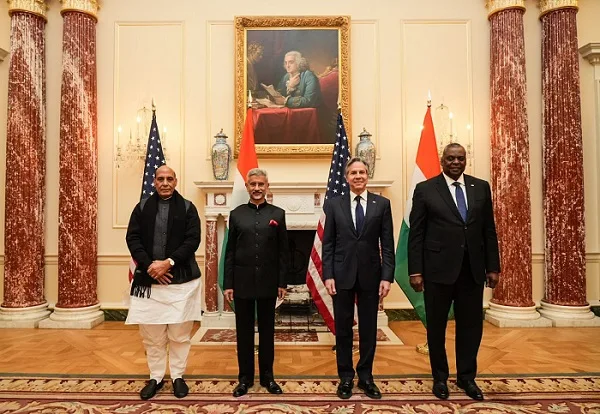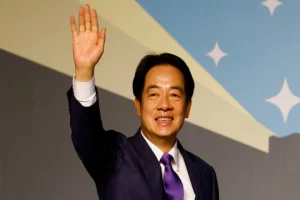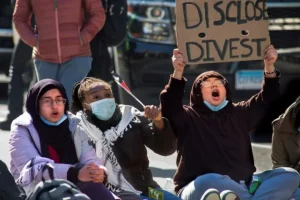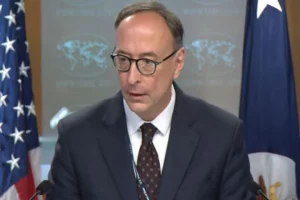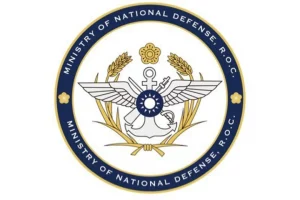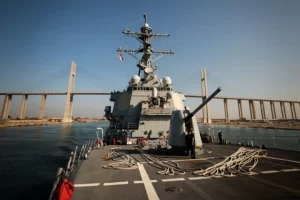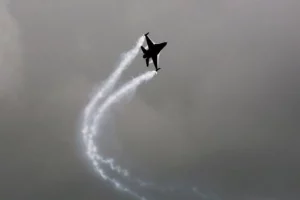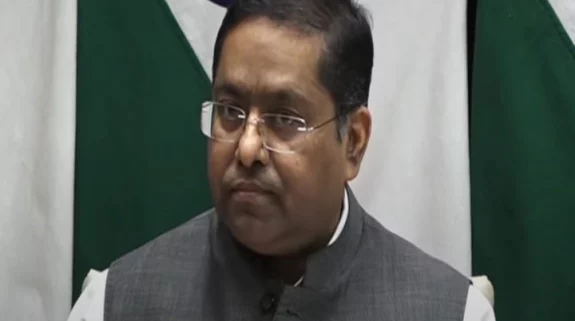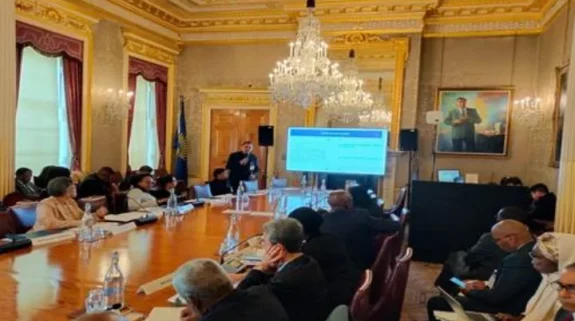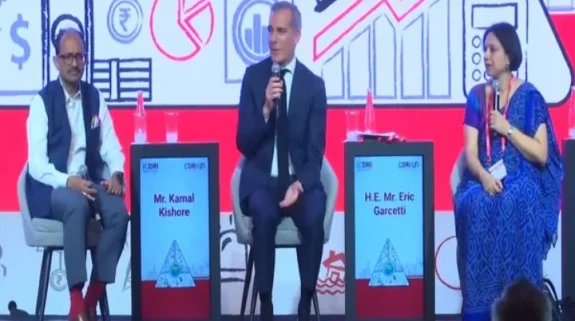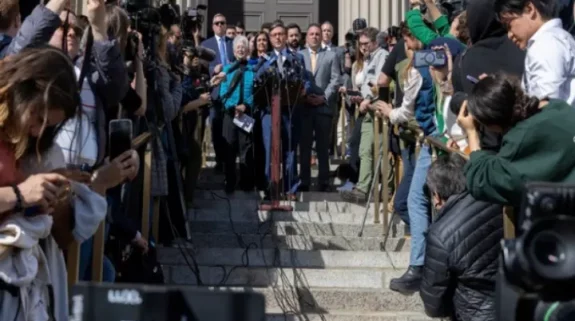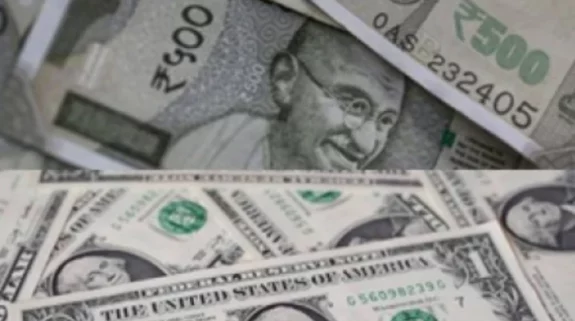India has said that it has a "decent sense" of what is in its interest and knows well how to "protect and advance it" while emphasising that ensuring their energy and food security remains a legitimate concern of countries as a global fallout of the ongoing conflict between Ukraine and Russia.
New Delhi's stand on the situation in Ukraine was once again conveyed to Washington on Monday by Prime Narendra Modi during his virtual meeting with the US President Joe Biden and the face-to-face India-US 2+2 Ministerial Dialogue held between Defence Minister Rajnath Singh, External Affairs Minister S Jaishankar and their US counterparts, Secretary of Defence Lloyd Austin and Secretary of State Antony Blinken.
As the US continues to press its allies and partners not to increase their purchases of Russian energy, India highlighted that there are bigger concerns of rising prices, increasing premiums and limited supplies besides energy and food security which demand an urgent attention.

"If you are looking at energy purchases from Russia, I would suggest that your attention should be focused on Europe, which probably we do buy some energy which is necessary for our energy security. But I suspect, looking at the figures, probably our total purchases for the month would be less than what Europe does in an afternoon. So you might want to think about that," Jaishankar said after the 2+2 dialogue.
Reiterating that every country looks at its best options, India also reminded the US about their own expanding energy partnership which Jaishankar said didn't exist till some years ago.
"If my memory is right, you are the second-largest LNG supplier to India, I think the fourth or the fifth largest crude oil supplier, a big partner in the renewable side," he mentioned.
As it addresses the humanitarian situation in Ukraine, including the soon-to-be delivered shipment of medicines to Kyiv, India also continues to contribute heavily to stabilize the global economic situation. Jaishankar said that there are concerns across geographies of societies who are importing wheat or sugar or other foodstuff out of the conflict region.
"In fact we've already started responding to the need for greater food supplies, especially wheat most of all but to some degree sugar as well. We have, even as we – at this moment a number of countries are discussing with us the possibility of greater food supplies, including the World Food Program," said Jaishankar.
Blinken, meanwhile, acknowledged that India's relationship with Russia developed over decades "at a time when the United States was not able to be a partner to India". However, he added that Washington is now "able and willing to be a partner of choice" with New Delhi across virtually every realm – commerce, technology, education, and security.
The comment came a few hours after Biden had mentioned about the "deep connection" between the two countries during his virtual meet with PM Modi.
Both Jaishankar and Blinken had begun the day with a breakfast meeting, discussing mostly the situation in Ukraine.
"Obviously, a good part of my meeting with Secretary Blinken in the morning went to the ongoing conflict in Ukraine that has many ramifications. Even countries far away are worrying about energy security, food security, commodities prices and logistics disruption," said Jaishankar.
The US Secretary of State said that India has to "make its own decisions about how it approaches this challenge" as Washington continues to consult with all of its allies and partners on the consequences of the current situation.
"In our judgment, it is important that all countries, especially those with leverage, press Putin to end the war. And it's also important that democracies stand together and speak with one voice to defend the values that we share.
Analysts, however, say that the locus of the conflict in Ukraine may be driven by hard geopolitical compulsions rather than an ideological crusade for democracy.
If NATO expands to Ukraine, it would grossly undermine Russian national security. In case Moscow fails to dominate Crimea and Donbas region, it would lose its foothold in the Black Sea and the Sea of Azov.
Russia already has a naval base at Sevastopol in Crimea, and its focus now is in Mariupol – a part of the region with a large ethnic Russian population. Any gains by western backed Ukraine in this region will set back Russian vital interests, and possibly set it on course of regime change.






